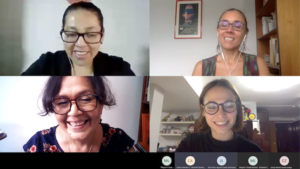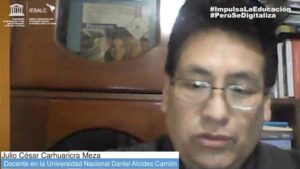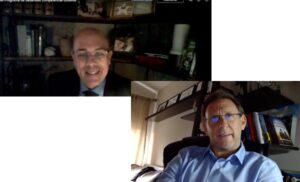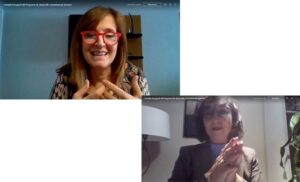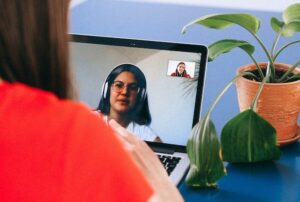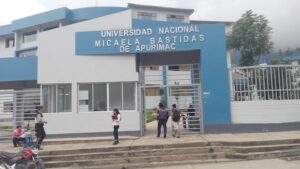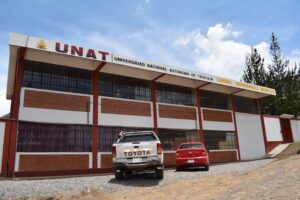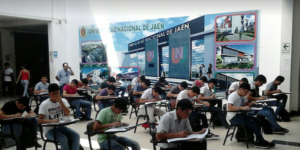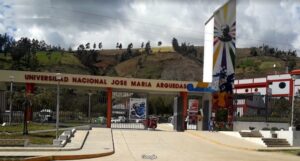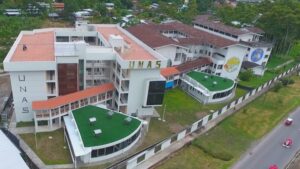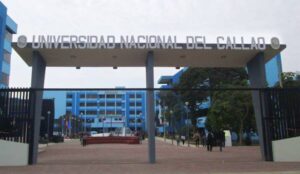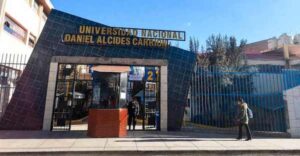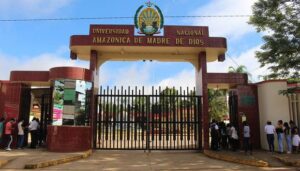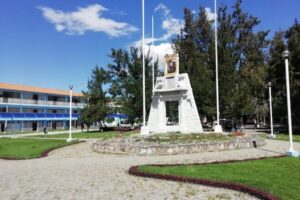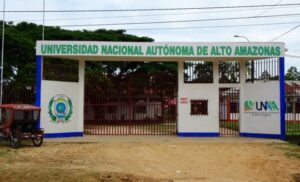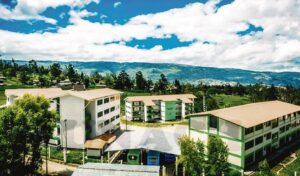Training Program in Digital Competencies and Transformational Teaching-Learning Models

Teachers certified

Hours of training

Training modules
Today’s major global issues – such as climate change and accelerating technological advances – urgently require a change in our lifestyles and a transformation in the way we act and think. To achieve this, we need new skills, attitudes and behaviors that will lead us to more responsible societies.
This is why education systems need to respond to this need by defining relevant learning objectives and content, introducing pedagogies that empower learners and encouraging institutions to include the principles of sustainability and ethics in their management structures.
The STEHM Brazil consortium needs to strengthen the digital competencies of teachers in order to implement a blended and hybrid education model based on technology and its transversal incorporation into the curriculum. UNESCO IESALC proposes training for teachers based on a model of seminars (webinar) related to digital teaching skills and transformative teaching-learning models, from the consideration of new AI technologies and the ethical implications they trigger.
The project is aimed at university teachers with intermediate knowledge of educational digital resources.
General objectives
Phases
Training on the platform
Through the IESALC Campus, participants reviewed specialized content on the following topics:
Synchronous training
Through synchronous sessions, the topics covered on the platform were deepened. The participants had the experience of sharing points of view and opinions with the thematic experts and strengthening new learning for an improvement in the quality of education. On the other hand, a virtual visit was made to a Higher Education Institution (HEI) in the region, in order to share successful experiences and consolidate strategic alliances between HEIs.

Evaluation
The evaluation process of the participants is initiated through the instruments hosted on the IESALC Campus platform in order to achieve certification.
Relevant news

